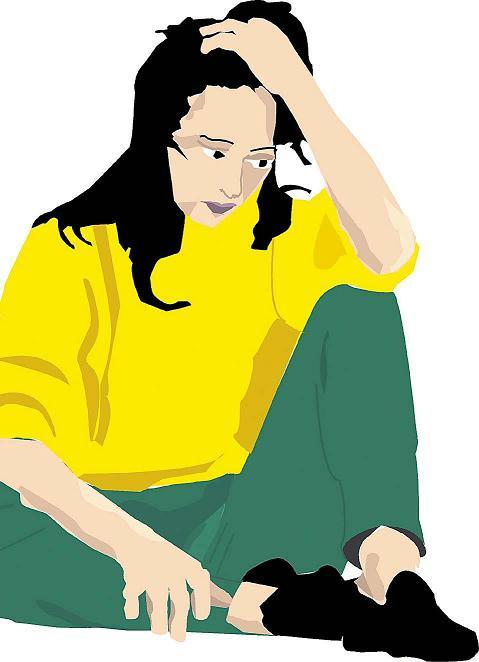The Ministry of Health and Welfare plans to conduct psychological tests on all nationals from as early as July next year to detect mental ailments believed to be affecting millions of people in the country.
The government also decided to ease regulations on those suffering or having suffered from lighter psychological ailments in order to encourage people to see their doctors.
According to the ministry, the tests will be conducted twice before children go to school, twice during their elementary school days, once during middle and high school each; thrice in their 20s and twice in their 30s and each decade beyond. This means a person can receive an average of 15 checkups on their mental health in their lifetime.
Test forms will be mailed to each household and people will be able to asses their mental status by comparing their answers to guidelines included.
Screening of children will focus on deficit hyperactivity disorder, depression and internet addiction, while adults will be checked for stress, depression, anxiety, suicidal tendency and alcohol abuse. The elderly demographic, aged over 65, will be studied for suicide risk, depression and stress.
“The reason we have adopted the plan is because many people do not realize their need for help. It is very difficult to notice and self-screen,” Lim Jong-kyu, a ministry official, said.
 |
(MCT Information Services) |
In order to encourage screened people to visit their doctors and ask for help, the government decided to elevate the standard for defining mental illnesses. This will see many people defined as normal, the authorities expect.
Those who have been to psychiatrists for simple counseling will not have their history included in health records. If they are medicated with light drugs, their treatment will be recorded but they will not be classified as mentally ill.
Only those who need hospitalization will be classified as mentally disordered persons. Their symptoms should be grave such as visual and auditory hallucination and extreme mood disorders, among others.
Currently those who visit psychiatrists are classified as “Code F” on their health records as the World Health Organization recommends. They have been disadvantaged in getting a driver’s license, subscribing to health insurance and in many other areas, based on 70 laws that discriminate against them. They also have difficulties in getting a job, being admitted to school, and face bullying.
Once the new rule comes into effect the government expects 70-80 percent of the 5.7 million Code-F patients have their status changed.
Instead the authorities decided to strengthen their after-management of people who have attempted suicide and been taken to a hospital. They will be looked over regularly for a certain period of time and will be encouraged to take counseling.
According to the ministry’s survey of 6,022 adults last year, about 14.4 percent have suffered depression more than once in their lifetime, a rise from 12.6 percent in 2006. But only 15.3 percent sought professional help, lower than U.S.’ 39.2 percent, Australia’s 34.9 percent and New Zealand’s 38.9 percent.
About 75.7 percent of those who had attempted suicide were found to have suffered from more than one mental disorder.
Suicide has been the No.1 cause of death among those in their teens, 20s and 30s. The suicide rate in the country marked 31.2 per every 100,000 people in 2009, the highest among OECD members.
“The new plan is expected to dispel discrimination against people with mental disorders and encourage more people to actively seek a solution to their ‘flu in the mind,’” Lim said.
By Bae Ji-sook (
baejisook@heraldcorp.com)








![[Today’s K-pop] Blackpink’s Jennie, Lisa invited to Coachella as solo acts](http://res.heraldm.com/phpwas/restmb_idxmake.php?idx=644&simg=/content/image/2024/11/21/20241121050099_0.jpg)